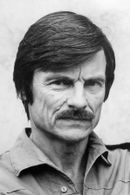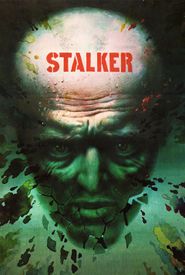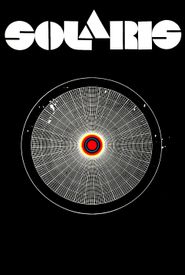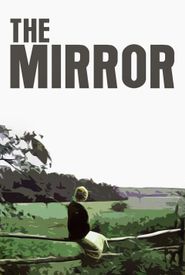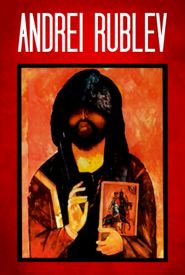Andrei Tarkovsky, renowned Soviet filmmaker and son of the esteemed poet Arseniy Tarkovsky, pursued a dual path of studies in music and Arabic in Moscow prior to enrolling in the prestigious Soviet film school, VGIK. His debut feature, Ivan's Childhood, released in 1962, garnered international acclaim, including the top prize at the Venice Film Festival, thereby setting the stage for his subsequent endeavors.
Tarkovsky's sophomore effort, Andrei Rublev, was met with immense anticipation, only to be met with a two-year ban by Soviet authorities. Despite this setback, the film premiered at the 1969 Cannes Film Festival, albeit at an unconventional 4:00 AM screening on the festival's final day, in an attempt to circumvent award recognition. Miraculously, Andrei Rublev still managed to claim a prize, and eventually, it was distributed internationally, allowing the authorities to salvage their reputation.
Solaris, released in 1972, received widespread acclaim in Europe and North America, with many regarding it as the Soviet equivalent of Stanley Kubrick's 2001: A Space Odyssey. However, Tarkovsky himself was not particularly fond of his own film or Kubrick's, and he would continue to face official obstacles with his subsequent projects.
Mirror, a 1975 release, was a dense, autobiographical exploration of Tarkovsky's personal memories, featuring a revolutionary narrative structure. Unfortunately, Stalker, released in 1979, was beset by a catastrophic accident in the laboratory, necessitating a complete reshoot on a significantly reduced budget.
Following Nostalghia, shot in Italy with official approval, Tarkovsky defected to Europe. His final film, The Sacrifice, premiered in 1986, shot in Sweden with the collaboration of Ingmar Bergman's regular crew, and went on to claim an unprecedented four prizes at the Cannes Film Festival. Tragically, Tarkovsky succumbed to lung cancer later that year.
In a poignant tribute, two years after Tarkovsky's passing, Sergei Parajanov dedicated his film Ashik Kerib to the late filmmaker.
